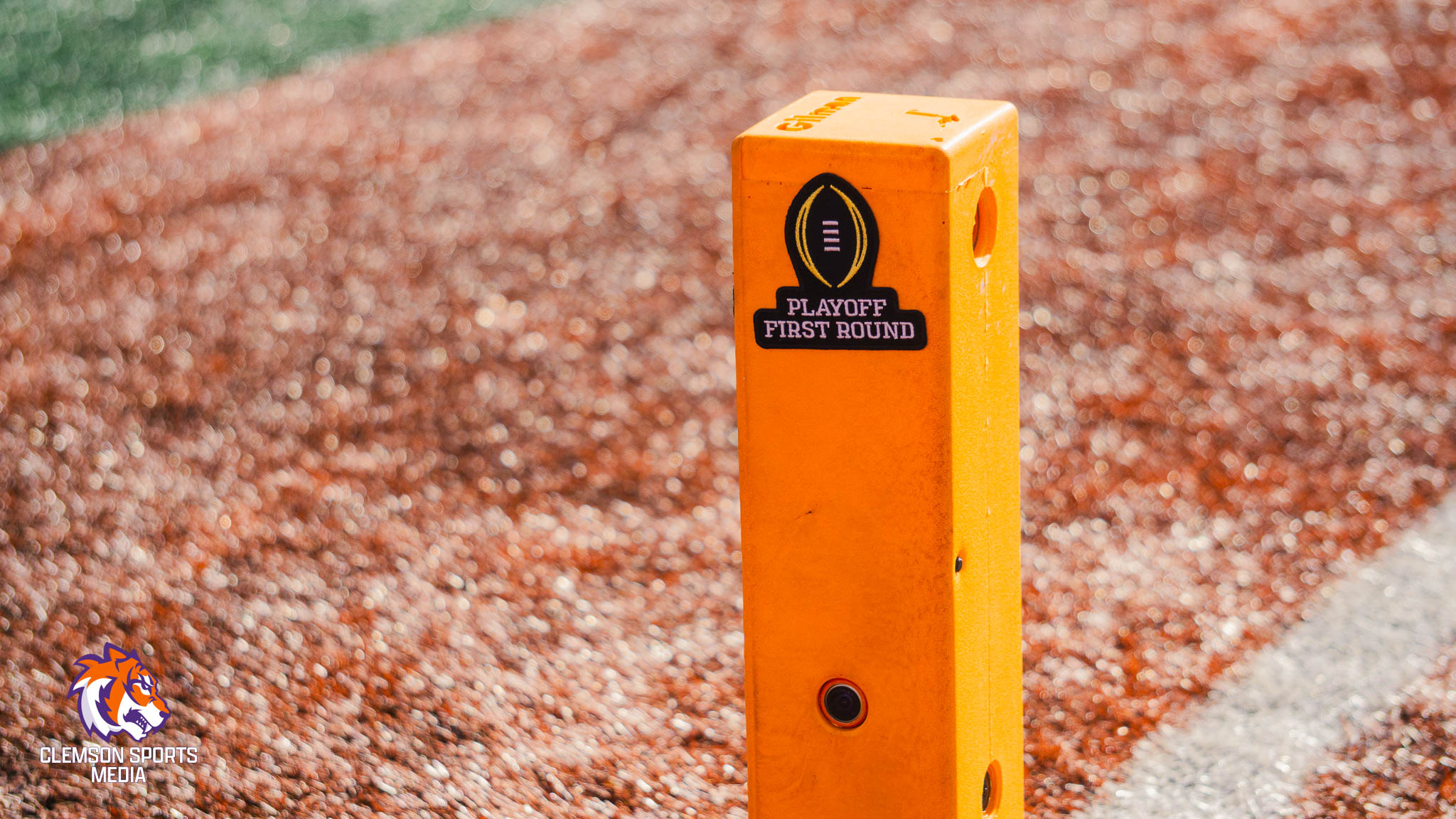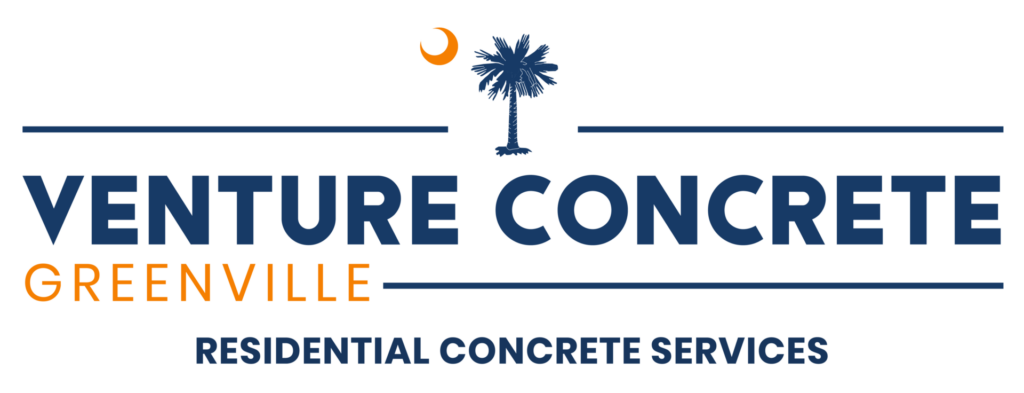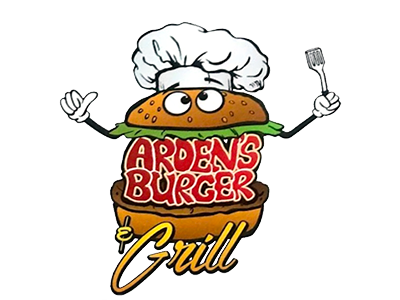NCAA colleges and universities can now begin paying players directly, outside the confines of NIL deals, following a judge’s ruling on Friday that clears the way in a $2.8 billion settlement that will also see the NCAA pay back money to athletes who competed from 2016 to present day.
The ruling from Judge Claudia Wilken in the matter of The House v. NCAA was handed down less than a month before Division 1 colleges and universities planned to start initiating direct player payments and ends three federal anti-trust lawsuits with contended that the NCAA was intentionally limiting the earning potential of college athletes.
It was not an unexpected ruling, but it was thought that NCAA member schools would have more time to adapt to the change and implement payment measures. Now, with the window tightened, institutions are scrambling to put plans in place and enforce the new rules.
The deal, which will run for a decade, will cap payment amounts at $20.5 million per school for the 2025-26 academic and athletic year, and increase each year over the course of the next 10 years. Any money paid directly to athletes from their universities will be in addition to scholarships and endorsement earnings that athletes are already accruing through their participation in NCAA athletics.
“This is new terrain for everyone,” said NCAA president Charlie Baker following the ruling. “Given the defendant conferences’ new ownership of complicated pieces of rulemaking and enforcement, there will be a transition period and certainly bumps in the road. Opportunities to drive transformative change don’t come often to organizations like ours. It’s important we make the most of this one.”
Charlie Baker, NCAA President
Paying athletes was long a point of contention for Clemson head football coach Dabo Swinney, though he has appeared to more openly embrace the inevitability of NIL and NCAA athlete payments in recent years, even lauding Clemson’s NIL collection.
Baker and leaders from many colleges and universities throughout the NCAA, it is thought, hold the belief that this new ruling will allow each institution to clamp down on financial tampering with players. Starting this summer, any potential transaction between and NIL collective or booster can be vetted to ensure it is for a “valid business purpose” and not a recruiting incentive.
Others, however, are skeptical whether the new rules can slow down the flow of cash to athletes at the most affluent NCAA member universities in addition to spawning new lawsuits.
No matter what, Friday’s ruling once again drastically changes the NCAA athletic landscape and once again ignites the debate over the title student-athlete and amateurism in sports itself.




